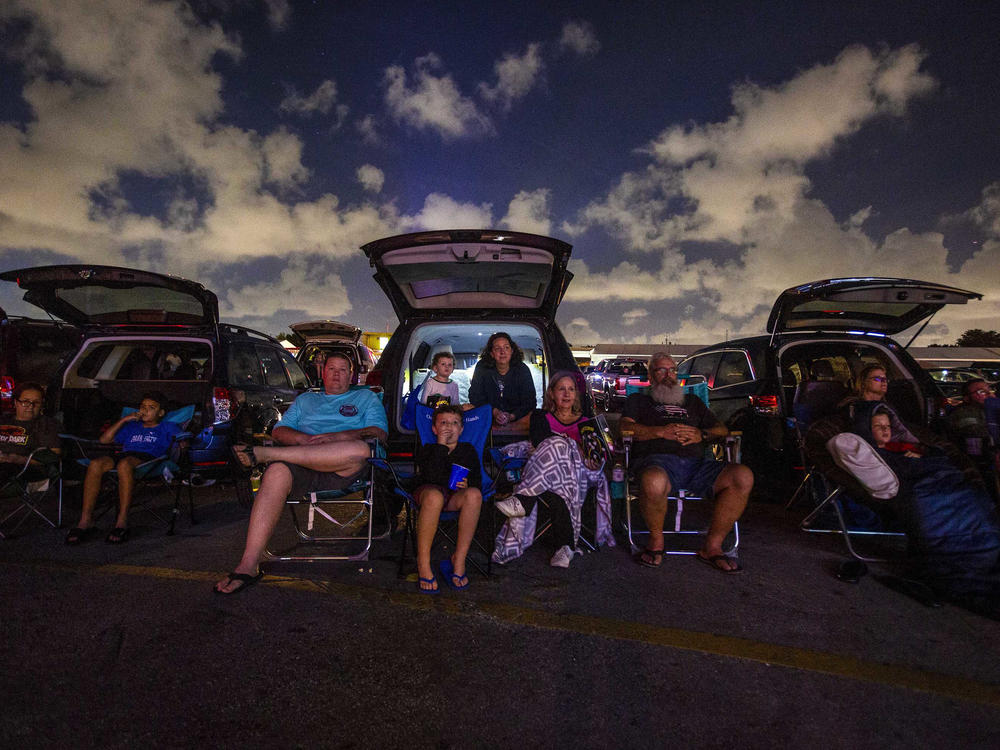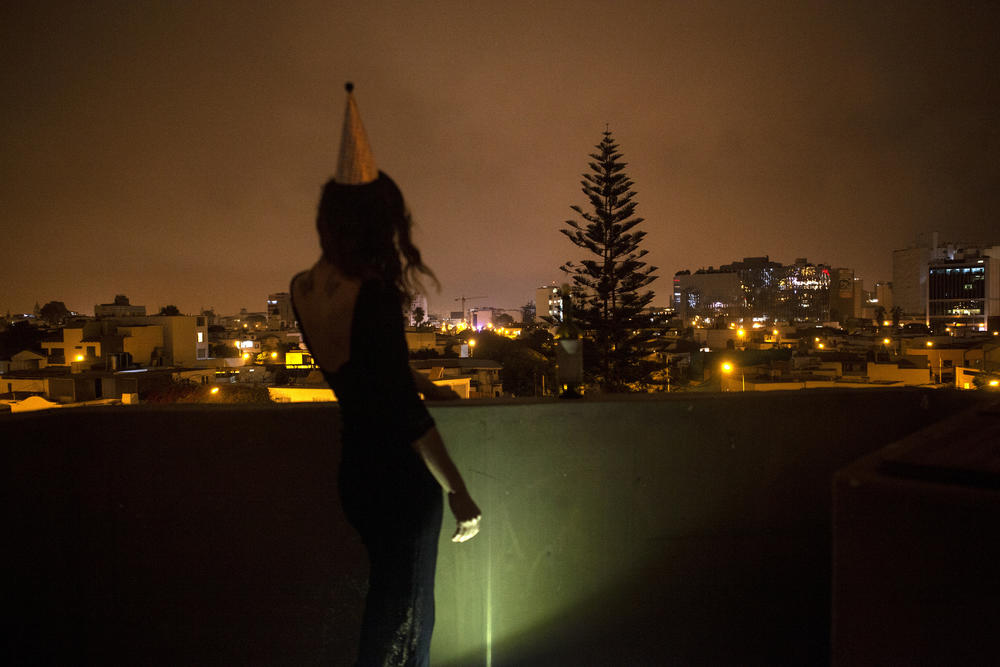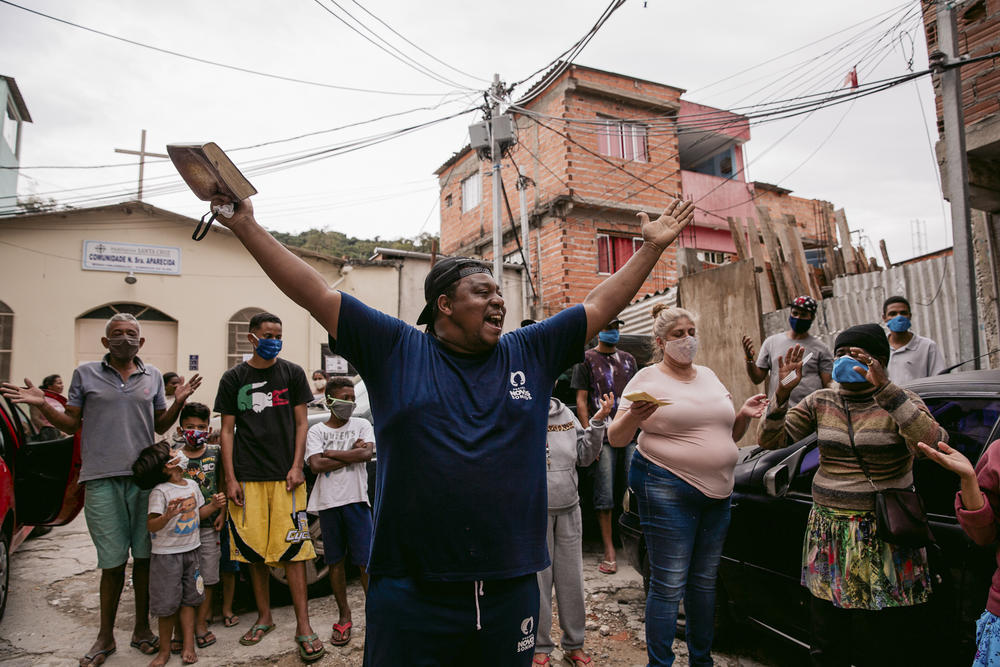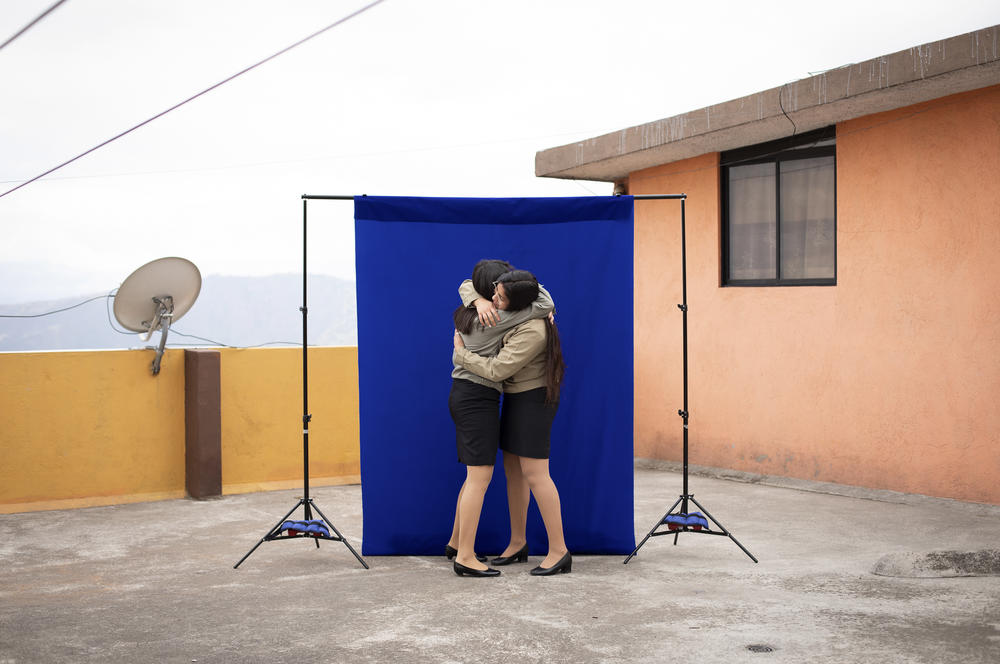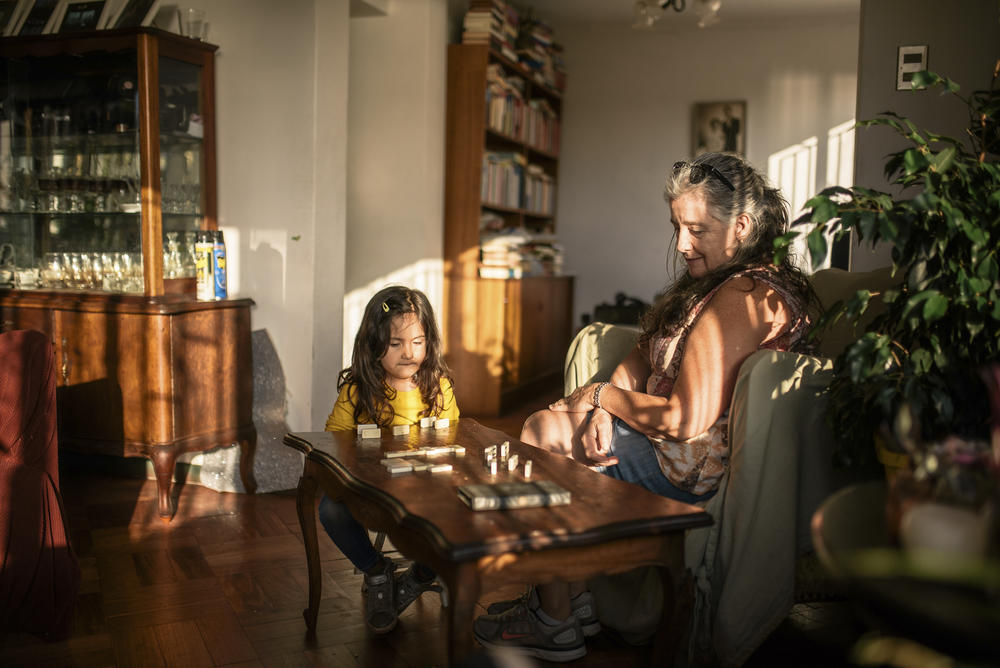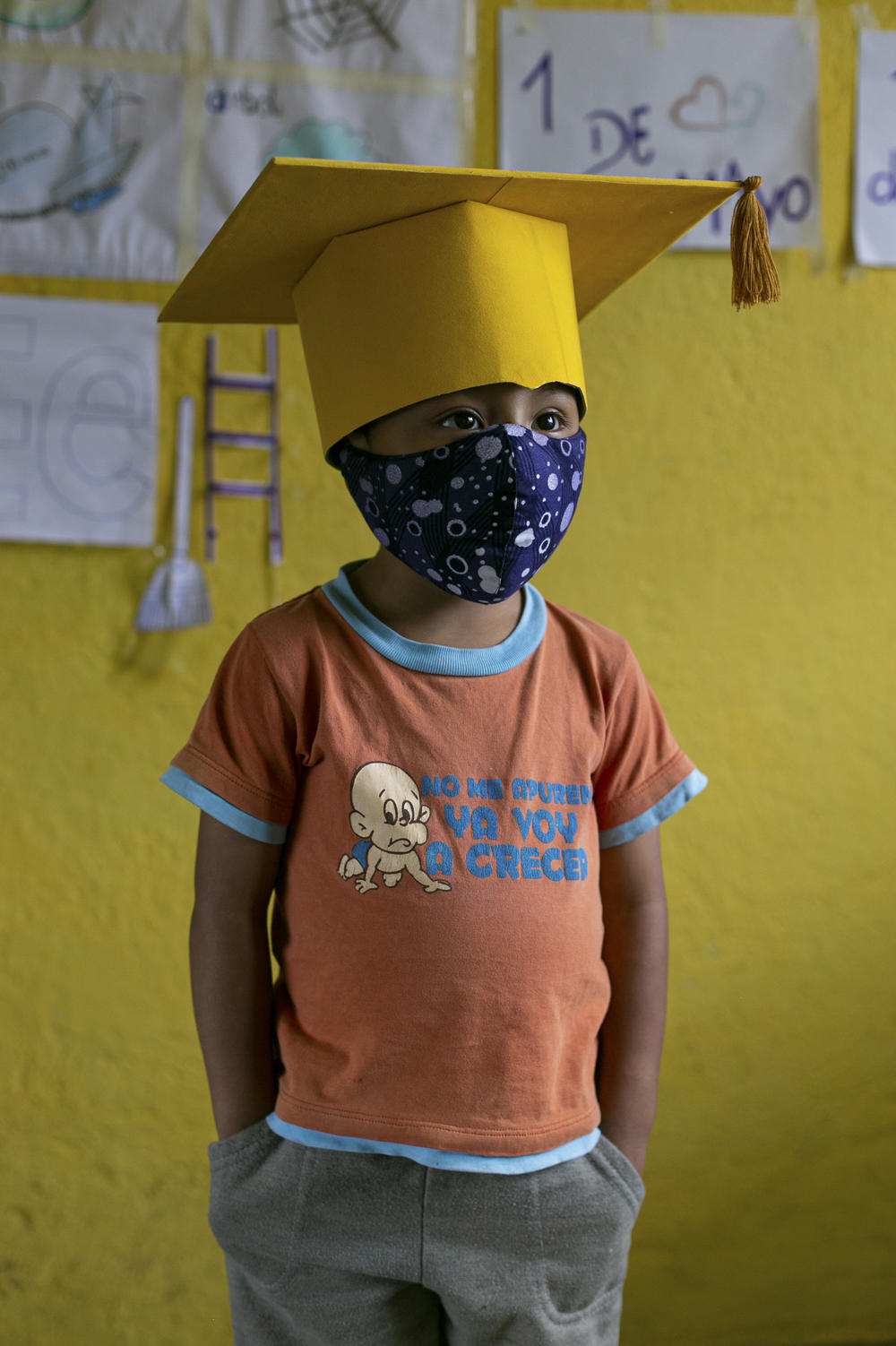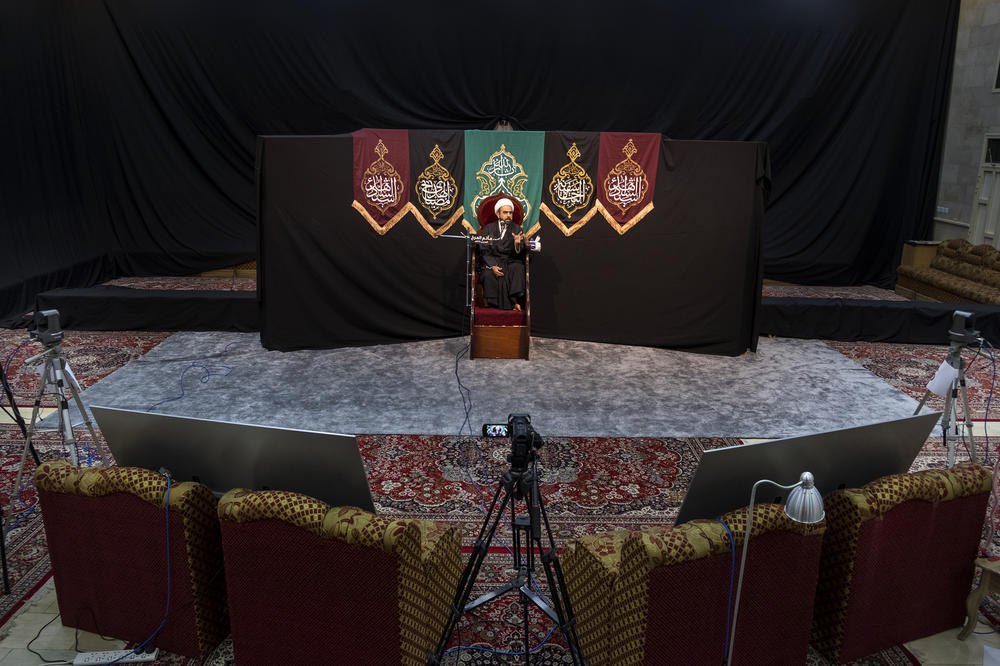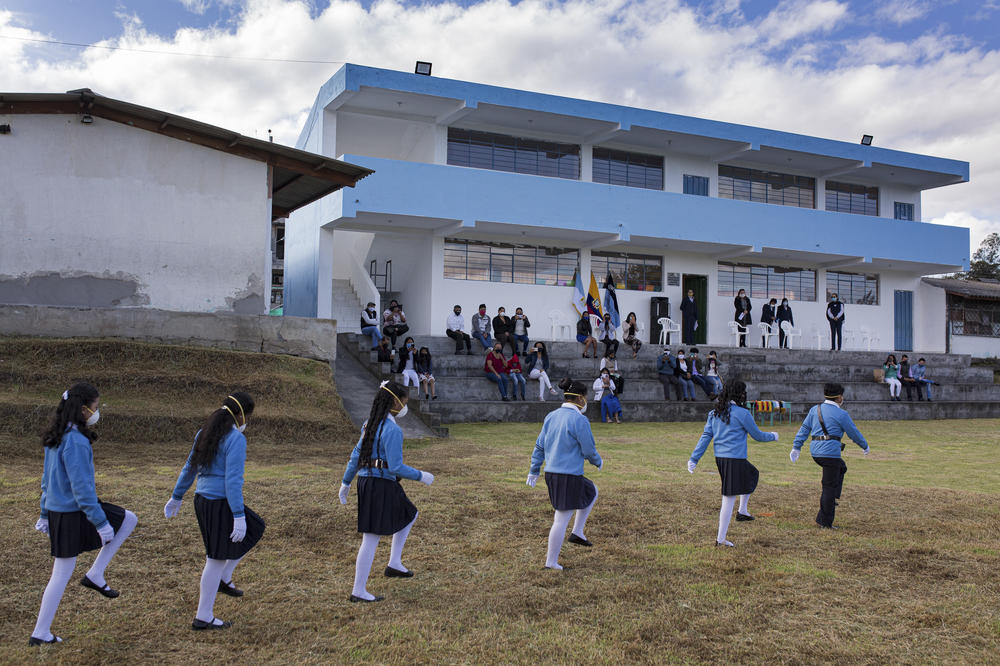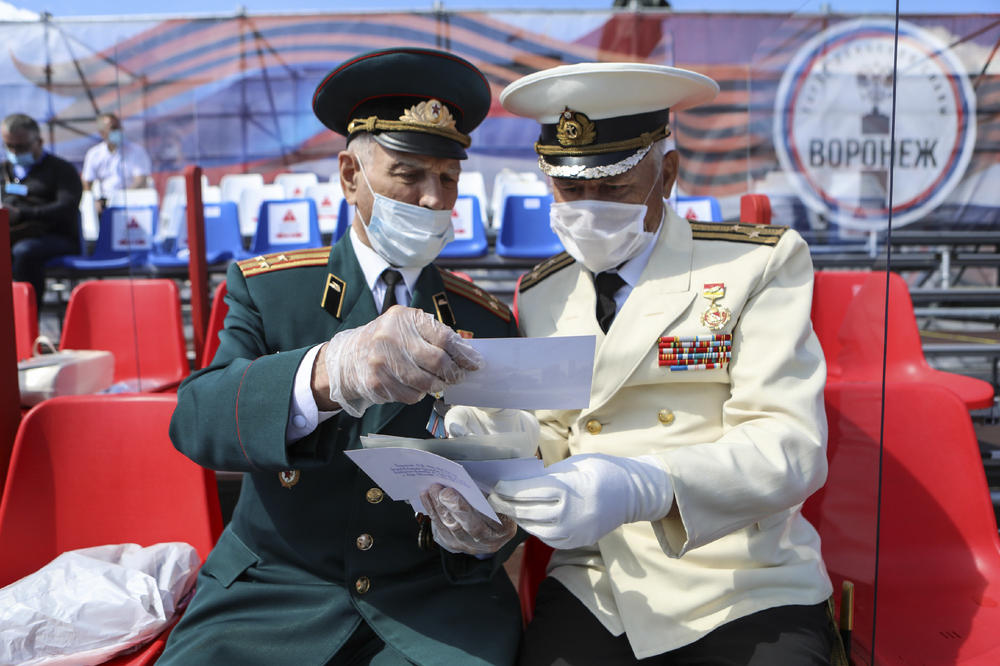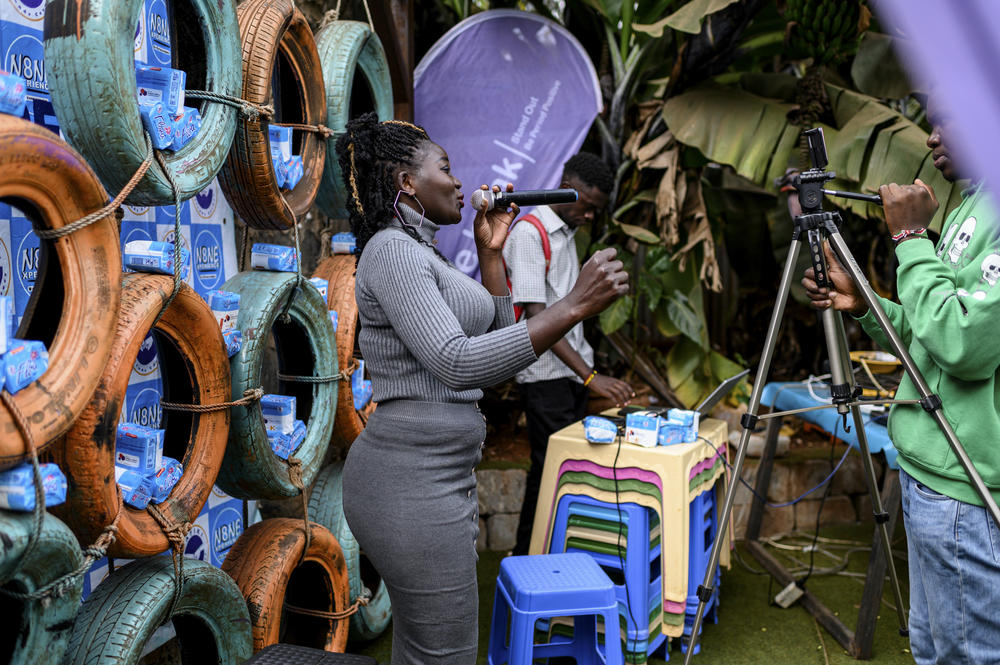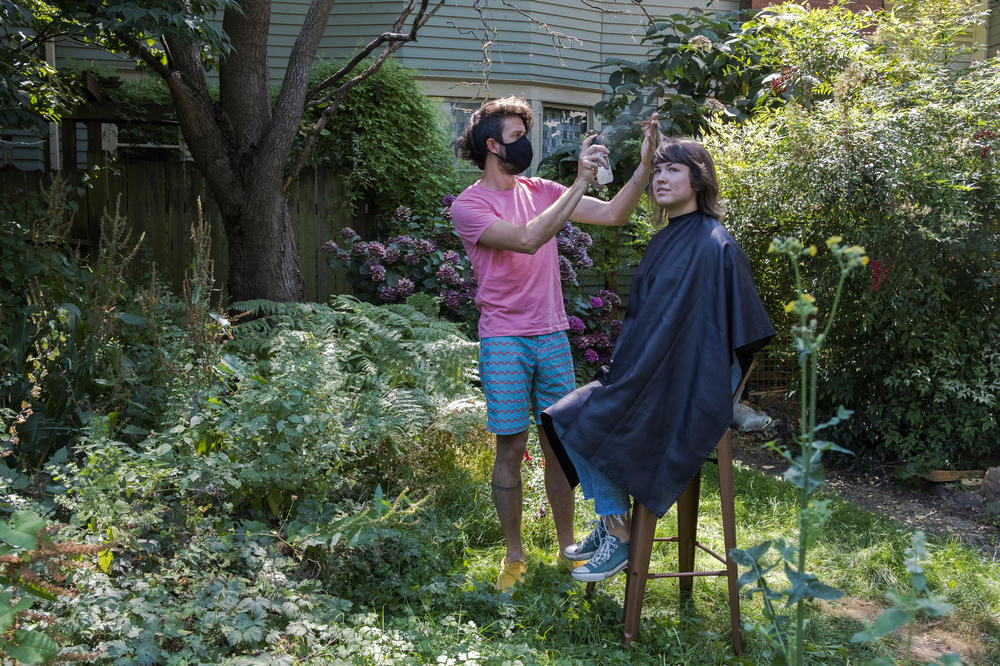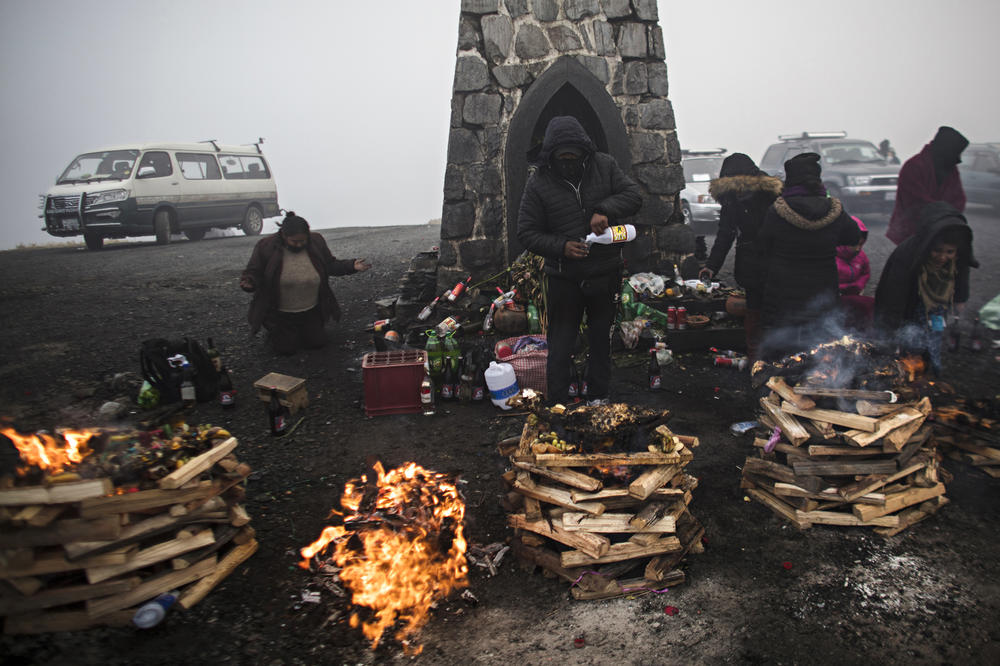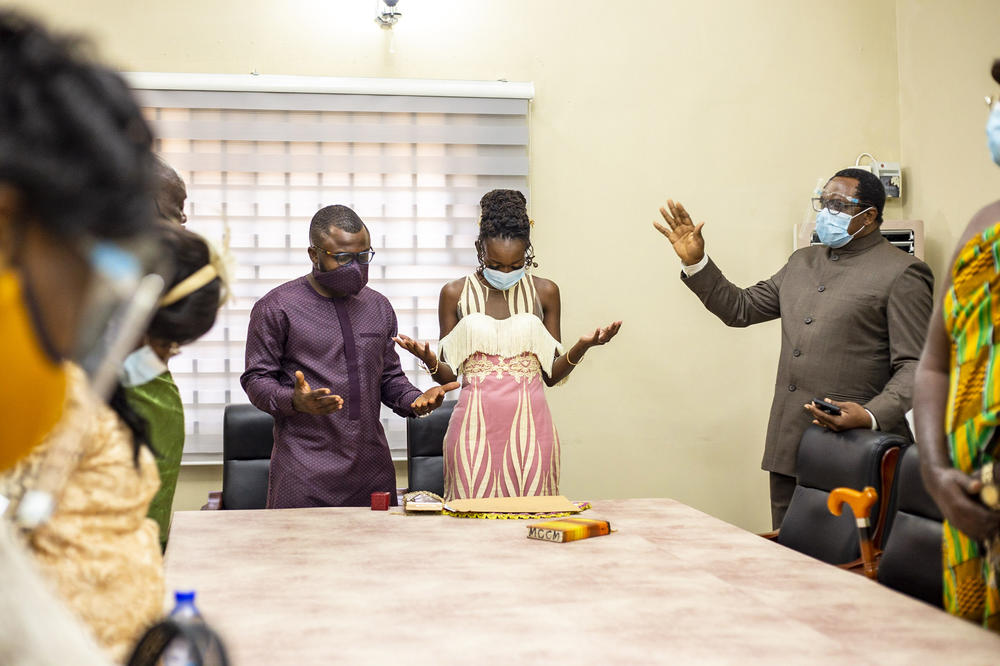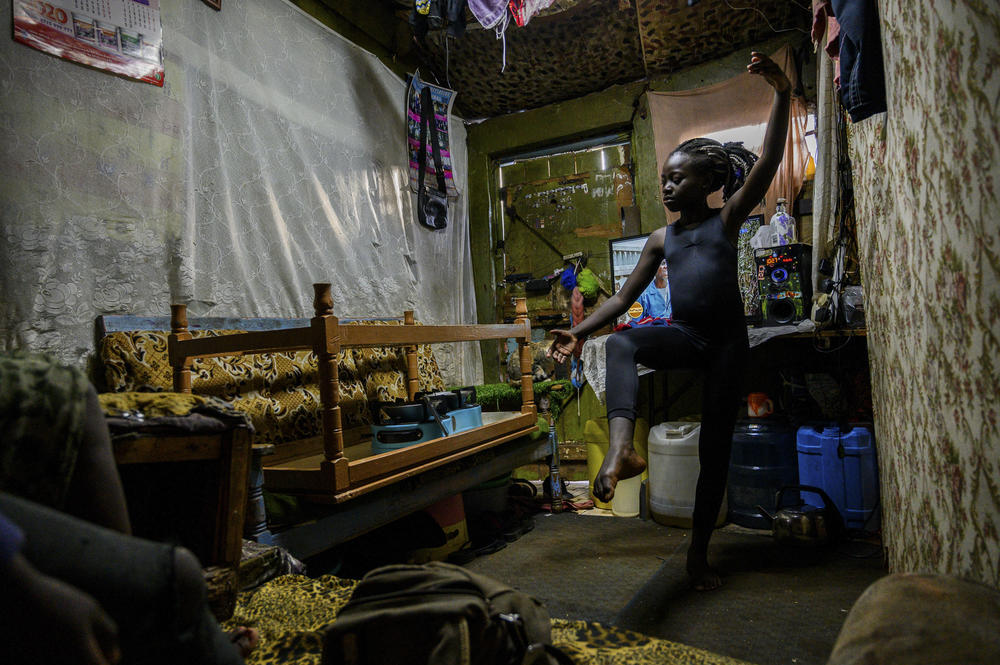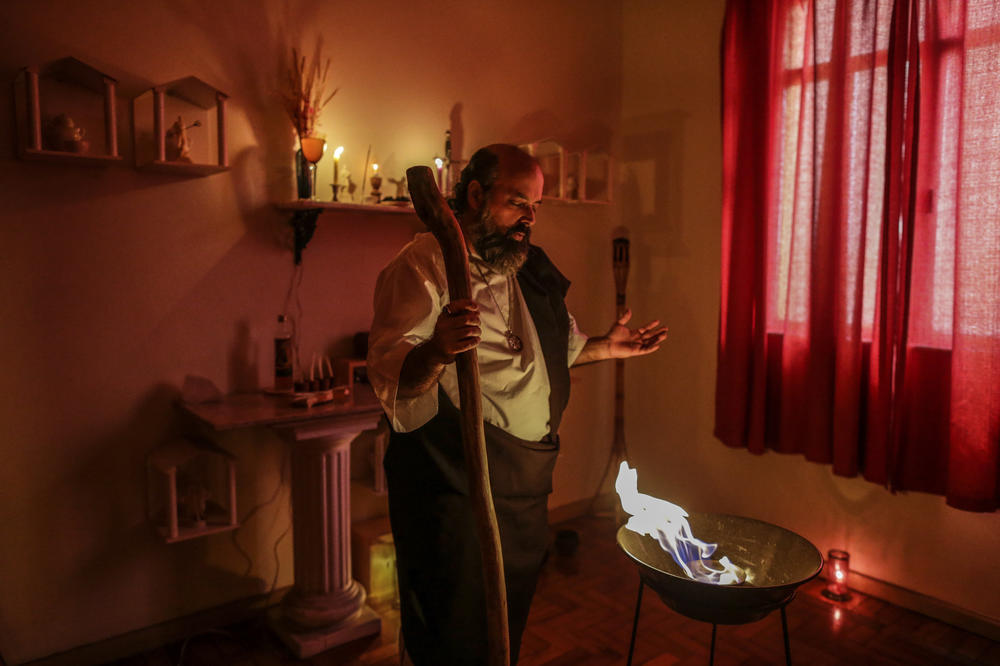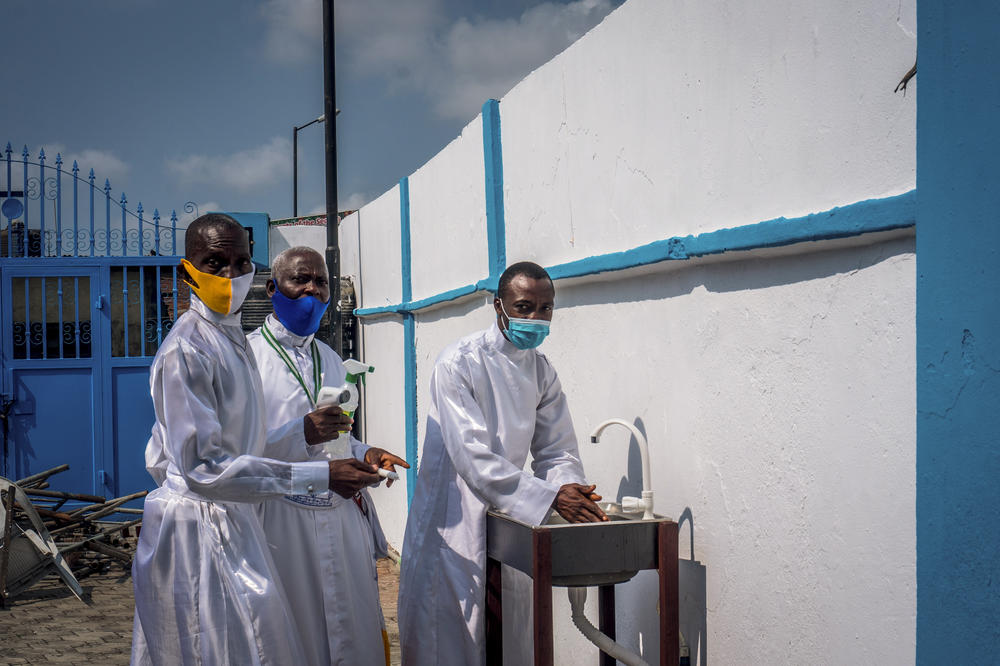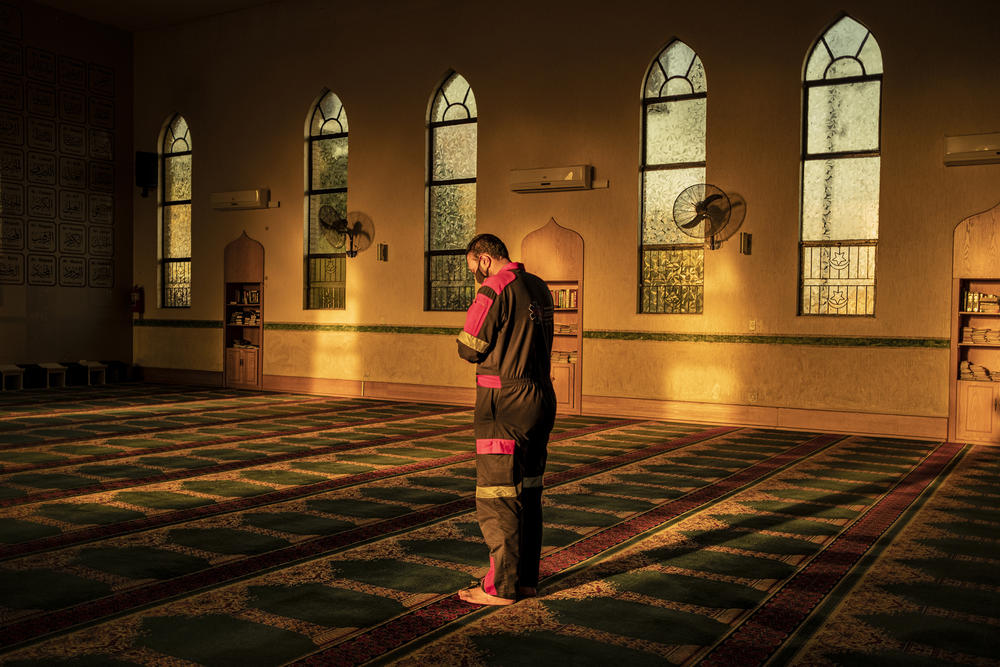Section Branding
Header Content
PHOTOS: How The World Is Reinventing Rituals
Primary Content
Rituals are a part of human life. They give us comfort and help us mark major events in our life-cycle, from births and graduations to marriages and death. And they are also a part of our regular routines — even something as ordinary as going for a haircut or movie night.
But the rituals we used to take for granted every day have been dramatically upended by the pandemic. We asked the photographers who work with Everyday Projects — contributing to Instagram accounts from countries in Asia, Africa, Central and South America, North America and Europe — to document how people are reinventing rituals in the age of COVID-19.
Copyright 2020 NPR. To see more, visit https://www.npr.org.
Bottom Content

